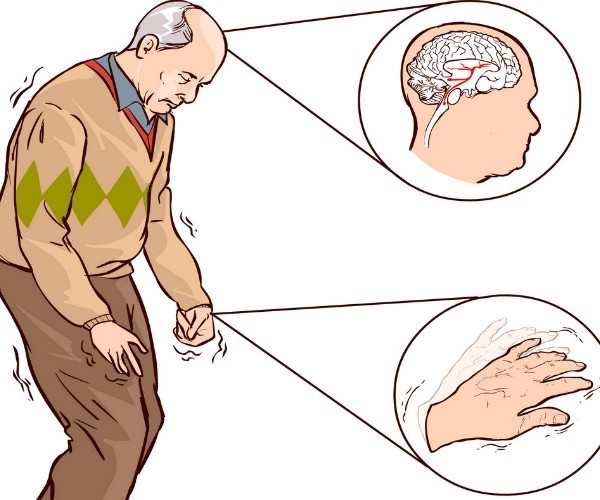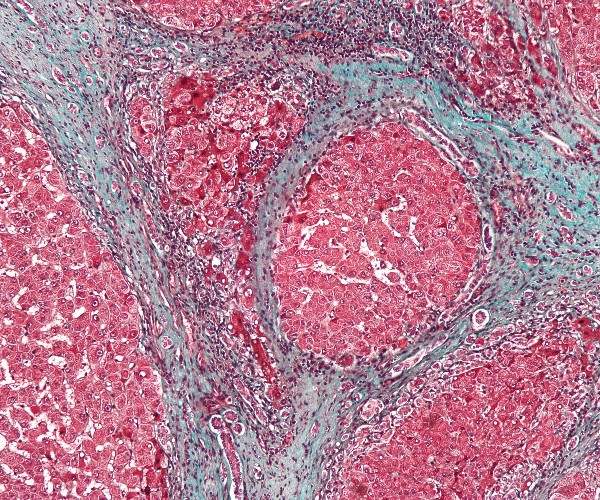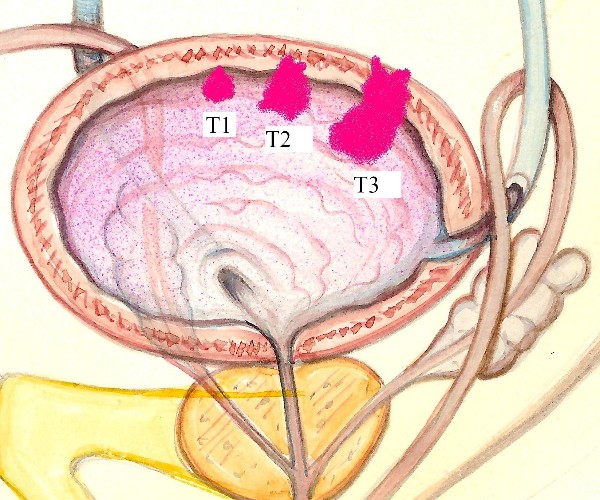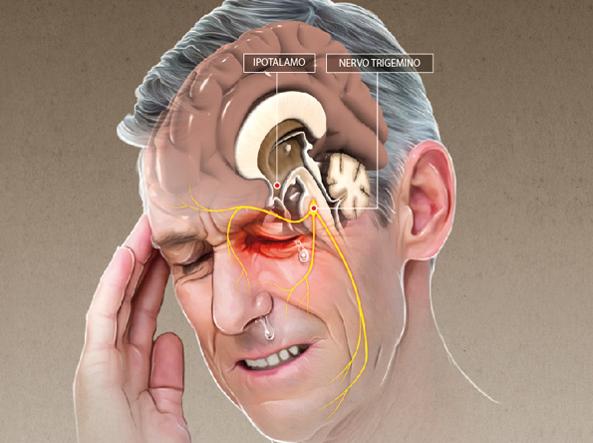It is well known that the people with CFS also report psychological disorders and symptoms ofanxiety and depression to the doctor, and also that these patients can potentially become ill with psychological disorders such as generalized anxiety disorder, personality disorder, but also panic disorder or even major depression disorder.
While evaluating that chronic fatigue syndrome seems to be a highly debated condition because of the many cross-cutting symptoms reported but also because of all the possible etiological hypotheses put forward, psychological symptoms and psychiatric comorbidity in CFS patients should be considered.
Subject to an integrated type of treatment of the condition, including adequate history taking on possible post-viral origins of the disease, facts and traumas that have occurred to the patient, and a psychological examination of the patient, the treating physician is left with some resources aimed at symptom reduction, such as administering anti-inflammatory drugs, counteracting fatigue with diet and restorative sleep, and finally directing the patient toward cognitive-behavioral treatment, which has proven to be of considerable help in supporting the patient by increasing his or her awareness, ability to manage his or her condition , and cooperative skills.
Cognitive-behavioral therapy derives from the tradition of experimental psychology, the one oriented to circumscribe the field of investigation to the evidence of behavior alone, rather than to the mental processes behind it.
It aims to provide people with tools and skills in knowledge and behavior, which will then serve to change their behaviors and also their upstream thoughts.
This practice is a type of psychotherapy that runs through both the knowledge and behavioral aspects.
Comparative studies have been conducted between a usual type of CFS treatment and a cognitive-behavioral treatment with
significant practical results with interesting levels of good patient response, although much debated at the level of opposing groups of scholars and researchers.
The conclusions reported from the different clinical experiences as no specific treatment for CFS is available to date, are aligned on the concept that an action should still be carried out to contain the complaints and symptoms of chronic fatigue syndrome, certainly using tools such as drug therapy, diet, differential diagnosis of comorbid conditions, but also methods to support the patient in improving quality of life.




































































































